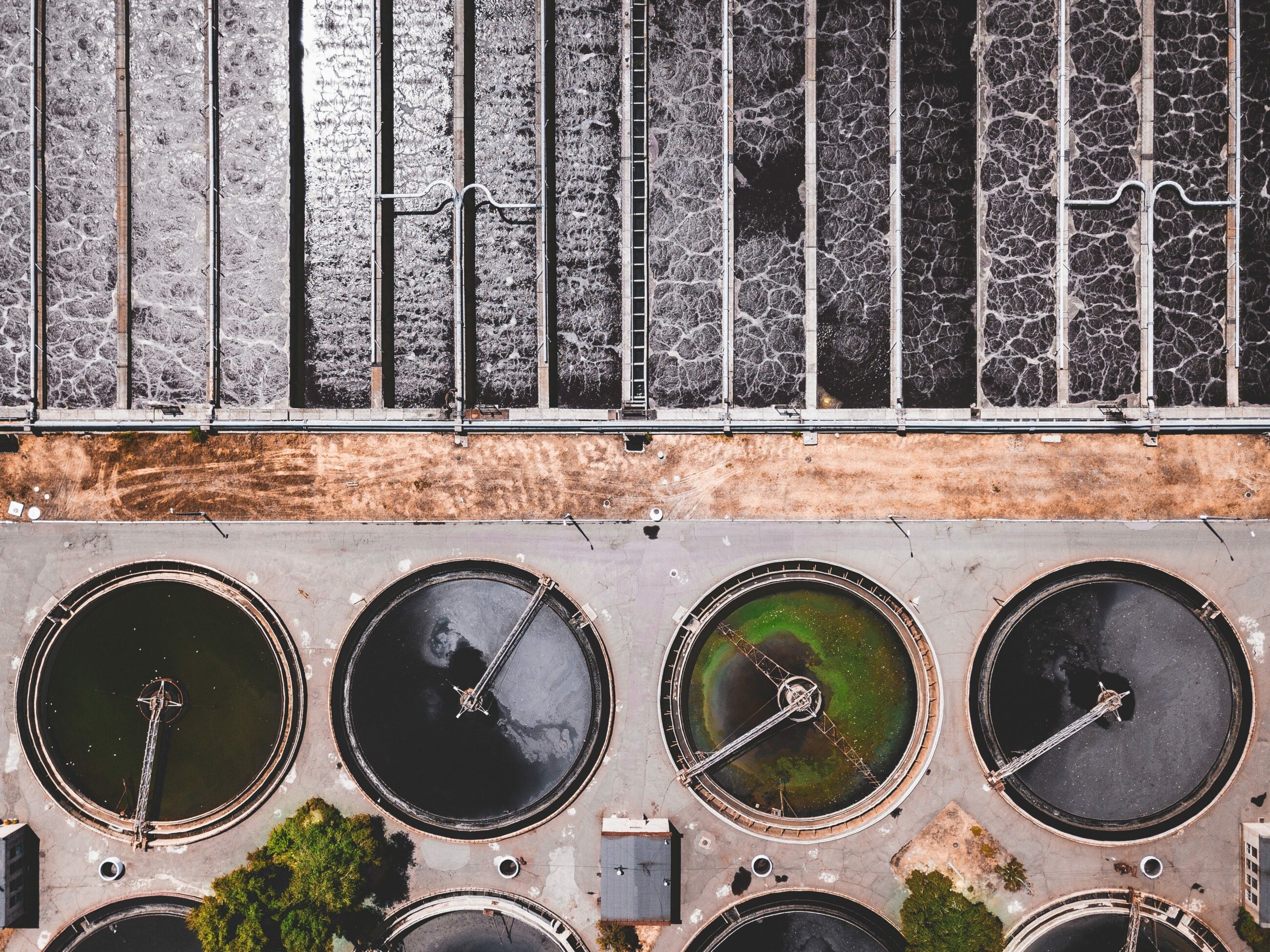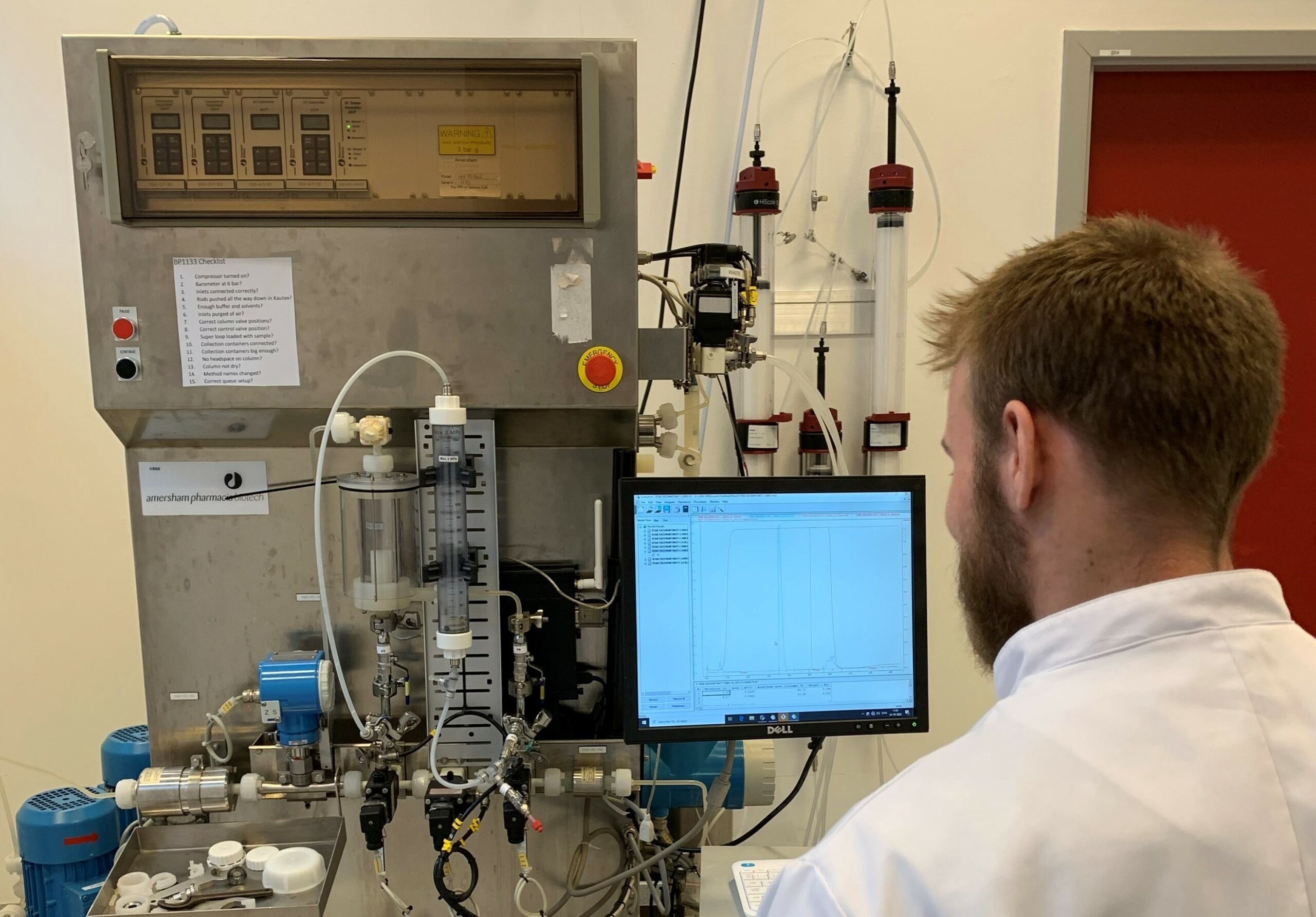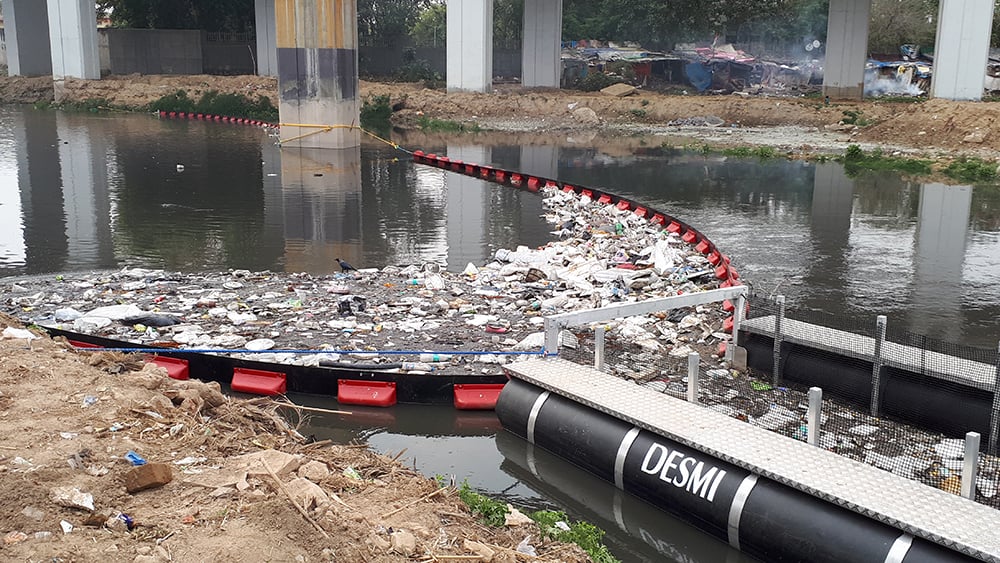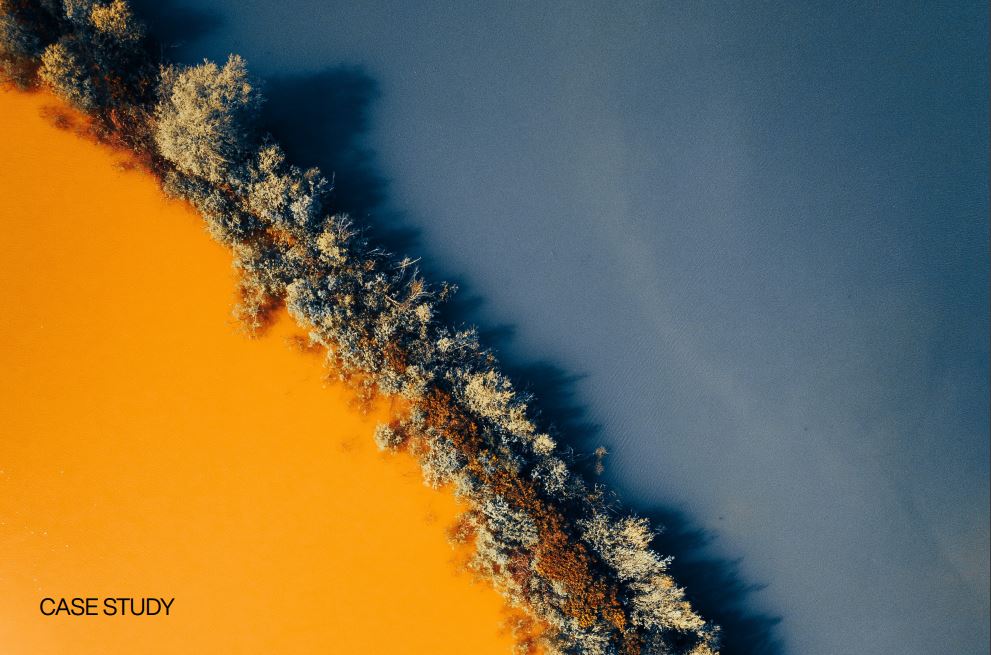News
Drinking water treatment
Non-revenue water
Water management
+2
New lab will help to save billions of litres of water


Despite the name, the new Smart Water Lab at Aalborg University (AAU) in Denmark is more simple than the name indicates. It is built up like a Lego brick system and is designed in recognition of the fact that the computer models of water systems that exist in the world today are not always good enough.
The lab has all of the parts of a water distribution system in the ratio of about 1:30. By the same method building with Lego bricks, the lab has constructed a replica of the water system in the Danish city of Aalborg and tests algorithms on it. This helps to create more precise computer models and improve control strategies.
“We can take the model apart, build it up again and relatively easily emulate the water system in, for example, London, Barcelona, or a developing country - thereby improving their models and management systems, ”said Carsten Skovmose Kallesøe to Danish trade news media Ingeniøren.
Kallesøe is an Industry Professor at the Aalborg University (AAU) Department of Electronic Systems and Chief Engineer at water pump company Grundfos. He is also one of the key actors behind the Smart Water Lab at AAU. The lab is the first of its kind in the world.
-Related solution: Stabilizing the water supply in China with advanced leak management techniques
Cheaper to repair leaks
So far, computers and algorithms have been the primary tools of researchers' efforts to improve control of water infrastructure. In the new laboratory, much more realistic experiments are carried out when scientists and students physically build water infrastructures. With this method, they can test different scenarios to find leaks.
It is difficult to know exactly how much water is leaking out of cracks in water pipes worldwide. However, it is estimated to be around 46 billion litres a day – i.e. 16.790 billion litres annually. Even though the leaked amounts are huge, it is often not worth looking for and repairing leaks and other errors when the computer models are not accurate enough.
It is simply cheaper to let the water fade out than the societal costs that come with excavation and closing roads. According to an OECD report, cities such as Rome and Liverpool have a water loss of 20-25 per cent.
With the new Smart Water Lab, however, one can get closer to where the specific error is - and narrow down the area where to dig.
-Related solution: Energy-neutral waterworks
Source: Ingeniøren (in Danish)















